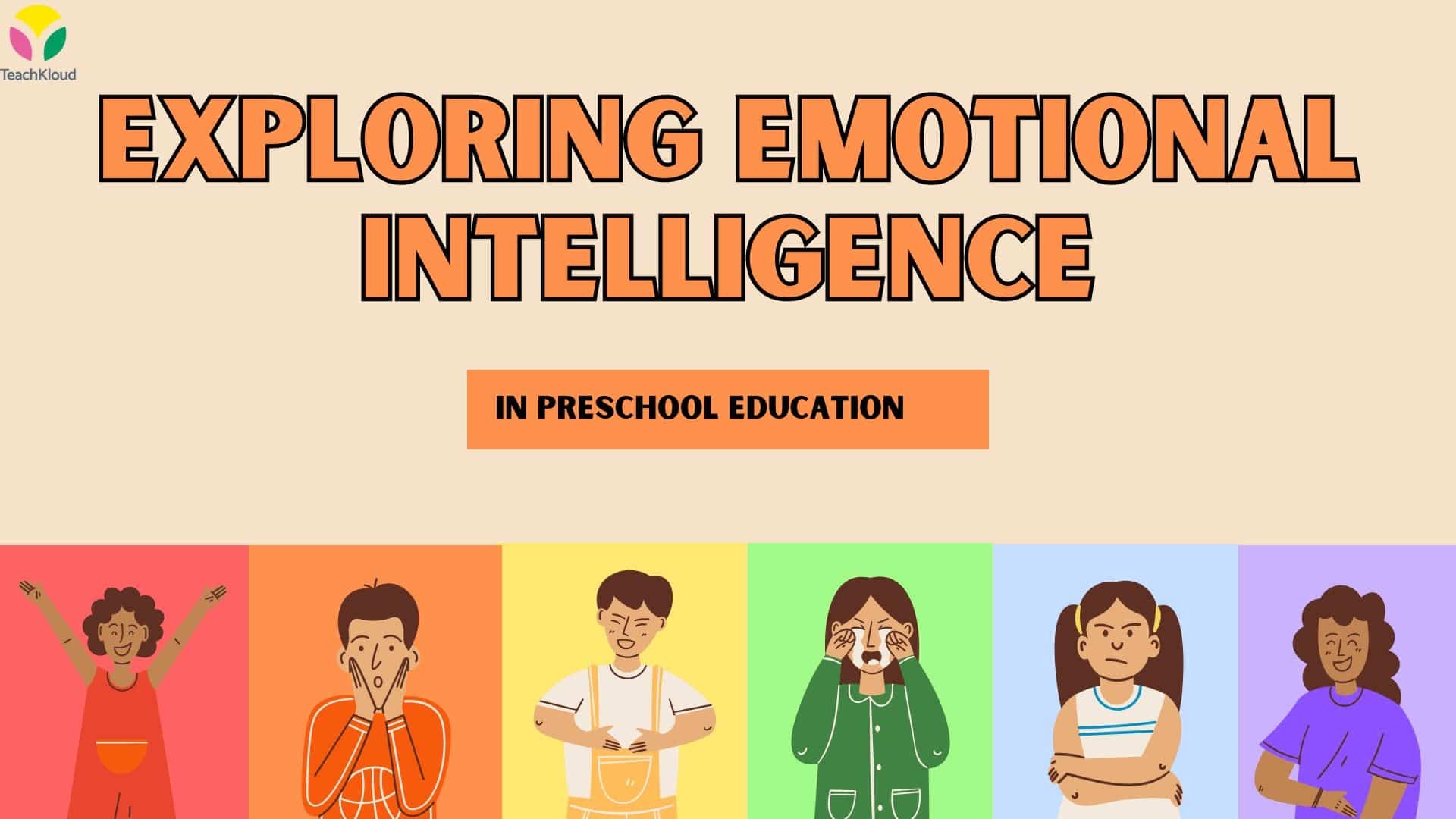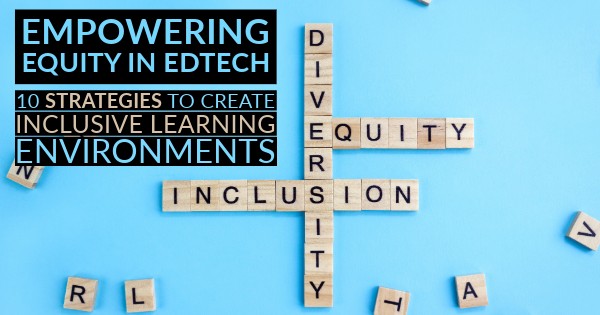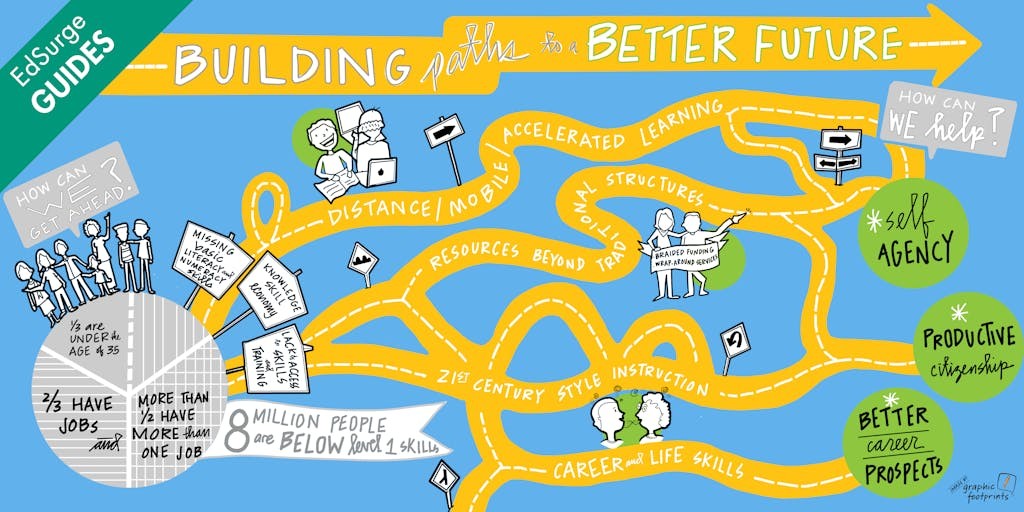Emotional intelligence has become an increasingly important concept in both education and business, recognized as a key factor in shaping how people interact, adapt, and succeed. While traditional learning has often focused on cognitive abilities such as memory, logic, and reasoning, it is now clear that emotional intelligence plays a significant role in how effectively individuals learn and apply knowledge. The ability to recognize, understand, and manage emotions—both one’s own and those of others—can determine not only how well someone absorbs new material but also how they collaborate, persevere, and thrive in learning environments. In this sense, emotional intelligence is not separate from learning but is deeply intertwined with it.
At its core, emotional intelligence enhances self-awareness, which is essential for effective learning. Students and professionals alike benefit when they are able to recognize their emotional states and understand how these states affect their focus and performance. For example, a learner who is aware that stress impacts their concentration can take proactive steps to manage that stress, whether through mindfulness, time management, or seeking support. Without that awareness, emotions can quietly sabotage progress, leading to frustration or disengagement. By cultivating emotional intelligence, learners gain the ability to monitor and regulate their inner states, creating conditions where learning can take root and flourish.
Resilience is another area where emotional intelligence proves invaluable. Learning is rarely a smooth process; it involves setbacks, mistakes, and moments of self-doubt. Those who can manage disappointment, reframe challenges, and persevere through difficulty are the ones who ultimately succeed. This capacity is not solely a matter of intellect but of emotional regulation and perspective. Consider a student tackling a difficult subject such as advanced mathematics. Without emotional resilience, early struggles may reinforce the belief that they are simply “not good at math.” With emotional intelligence, however, the same student can approach challenges with patience, seeing mistakes as part of the learning journey rather than as evidence of inadequacy. In business settings, this resilience translates into professionals who can adapt to shifting demands, embrace new skills, and persist in the face of disruption.
Emotional intelligence also plays a crucial role in motivation, which directly impacts learning outcomes. Intrinsic motivation—the drive to learn for personal satisfaction and growth—is often fueled by an individual’s ability to align their goals with their values and emotions. A professional who understands that mastering a new technology not only advances their career but also provides a sense of accomplishment is more likely to engage deeply with the learning process. Conversely, when learners are driven solely by external rewards or fear of failure, their engagement tends to be shallow and short-lived. Emotional intelligence helps individuals connect their learning to a broader sense of purpose, creating the kind of sustained motivation that leads to meaningful progress.
In addition to self-management, emotional intelligence strengthens the social dimensions of learning. Education and training are rarely solitary endeavors; they typically involve collaboration, discussion, and feedback. Learners with strong emotional intelligence are better equipped to listen actively, show empathy, and navigate group dynamics. For instance, in a team project, conflicts may arise over differing opinions or work styles. A learner with high emotional intelligence can help diffuse tension by acknowledging others’ perspectives and finding common ground. These skills not only improve group performance but also prepare individuals for the collaborative realities of modern workplaces, where teamwork often determines success. The ability to connect and communicate effectively is as critical to learning as intellectual understanding.
Feedback is another area where emotional intelligence makes a profound difference. Constructive criticism is essential to growth, but it is not always easy to hear. Learners who lack emotional regulation may react defensively, dismissing feedback or feeling demoralized. Those with stronger emotional intelligence, however, are more likely to view feedback as an opportunity rather than a threat. They can process the emotional sting while extracting valuable insights, using criticism to refine their skills and approaches. This mindset creates a positive feedback loop, where learners seek out input, improve, and grow more confident in their abilities. Businesses that encourage emotionally intelligent learning cultures often see higher engagement and faster development among their employees.
The role of emotional intelligence extends beyond the classroom and training session into lifelong learning. As industries evolve and new skills become essential, the ability to continuously learn is no longer optional. Emotional intelligence equips individuals with the adaptability, curiosity, and social awareness needed to thrive in this environment. A professional who can manage the anxiety of change, stay motivated in uncertain times, and build strong relationships with colleagues across cultures is better positioned to learn effectively throughout their career. This adaptability is increasingly seen as a defining trait of successful leaders and organizations in a world where change is constant.
Technology has introduced new dimensions to this relationship between emotional intelligence and learning. Virtual classrooms, online training platforms, and global collaboration tools require learners to navigate digital interactions where cues are limited and misunderstandings can easily arise. Emotional intelligence becomes critical in these contexts, helping learners interpret tone, manage online communication respectfully, and maintain motivation without the structure of a physical classroom. In many ways, the rise of remote learning has made emotional intelligence not just valuable but indispensable.
Ultimately, the role of emotional intelligence in learning is about creating conditions where knowledge is not only acquired but applied, retained, and integrated into real life. It ensures that learners are not just passive recipients of information but active participants who can manage their emotions, connect with others, and stay motivated through challenges. For businesses and educational institutions, investing in the development of emotional intelligence alongside technical skills can significantly enhance outcomes. For individuals, cultivating emotional intelligence opens the door to deeper engagement, greater resilience, and a more meaningful relationship with learning. In a world where success depends as much on adaptability and collaboration as on intellect, emotional intelligence is not an optional extra—it is a central driver of growth.




